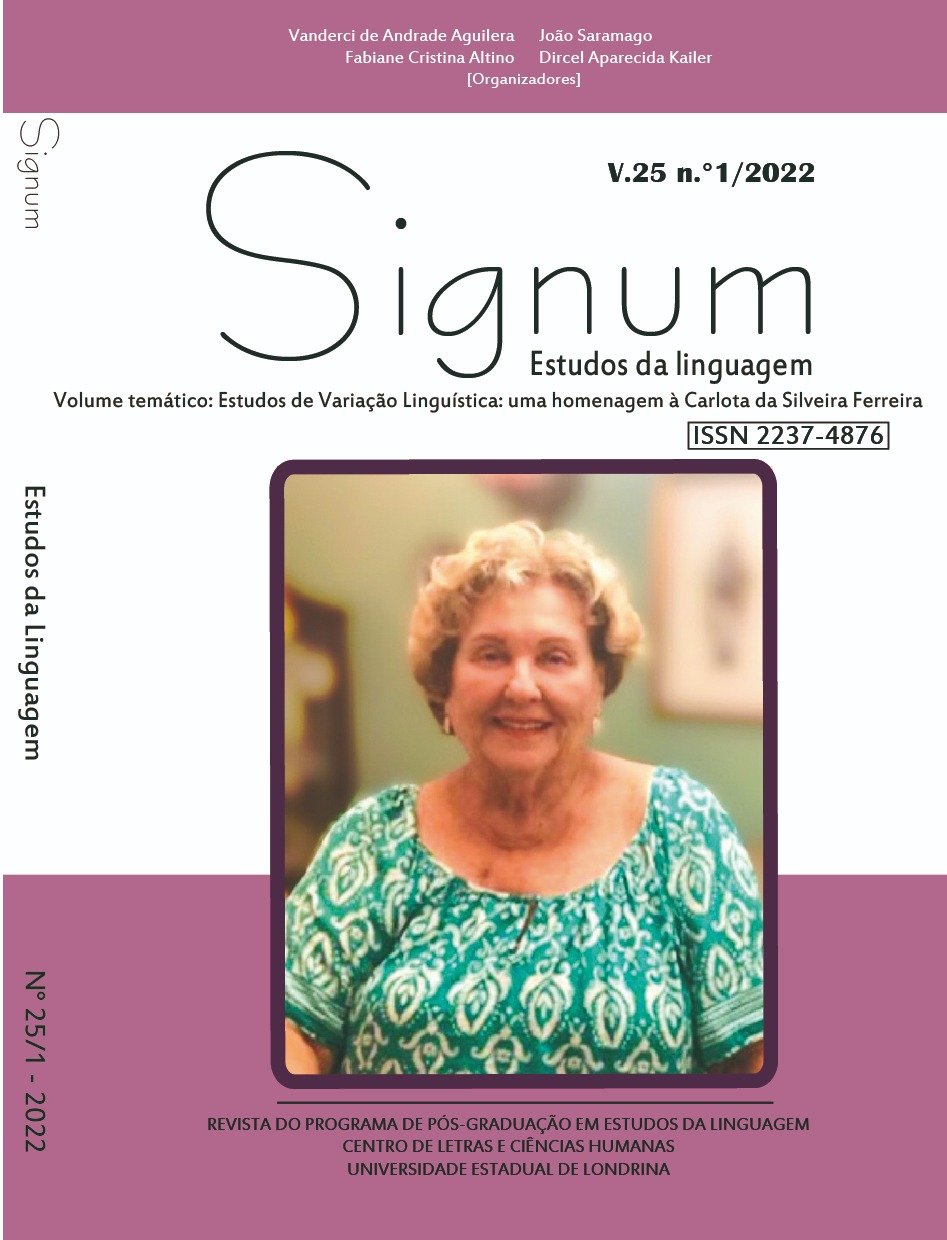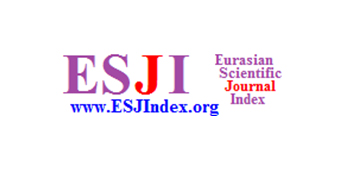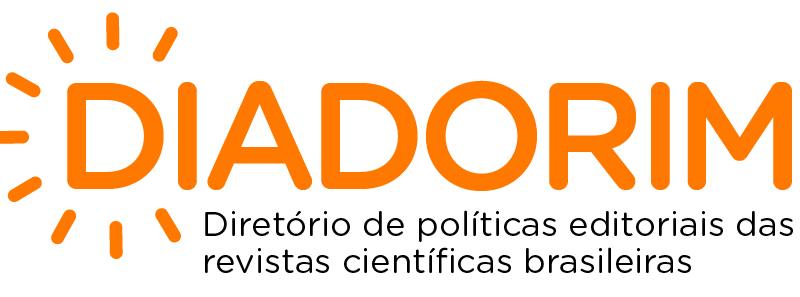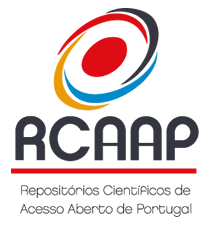Fraseologism and Linguistic Taboo in Denominations for Diabo in the Northeast of Brazil
DOI:
https://doi.org/10.5433/2237-4876.2022v25n1p94Keywords:
Phraseologisms, Linguistic taboos, Project Linguistic Atlas of BrazilAbstract
This article analyzes phraseological units and linguistic taboos present in the linguistic repertoire of Portuguese language speakers from the Northeast of Brazil when naming the lexical item diabo (devil). The informants were equally distributed between both sexes in two age groups, a selection made in accordance to the criteria of Contemporary Dialectology. Data were collected from surveys of the Linguistic Atlas of Brazil (Atlas Linguístico do Brasil - ALiB) project in cities in three states of the Northeast of Brazil: Alagoas, Pernambuco and Maranhão. Based on the theoretical-methodological assumptions of Multidimensional Geolinguistics, the first question of the Semantic-Lexical Questionnaire concerning the semantic area of religion and beliefs was investigated in order to verify the phraseological units and linguistic taboos present in the responses of the informants, such as: anjo mau (evil angel), besta fera (wild beast), bicho preto (black beast), bicho ruim (evil beast), coisa ruim (evil creature), inimigo atentado (mischievous enemy), príncipe do céu (prince of heaven). The study has shown the presence of phraseologisms and linguistic taboos that could be related to myths and superstitions arising from the religious beliefs of the speakers.
Downloads
References
BÍBLIA. N. T. Deuteronômio. In: BÍBLIA. Português. Bíblia sagrada. Tradução de João Ferreira de Almeida. São Paulo: Sociedade Bíblica do Brasil, 1969a. Cap. 5, vers. 11.
BÍBLIA. N. T. Ezequiel. In: BÍBLIA. Português. Bíblia sagrada. Tradução de João Ferreira de Almeida. São Paulo: Sociedade Bíblica do Brasil, 1969b. Cap. 28, vers. 11-16.
CARDOSO, Suzana Alice Marcelino (org.). Atlas linguístico do Brasil. Cartas Linguísticas. Londrina: EDUEL, 2014b. v. 2.
CARDOSO, Suzana Alice Marcelino (org.). Atlas linguístico do Brasil. Introdução. Londrina: EDUEL, 2014a. v. 1.
COMITÊ NACIONAL DO PROJETO ALIB. Atlas lingüístico do Brasil. Questionários. Londrina: Ed. UEL, 2001.
BÍBLIA. N. T. Deuteronômio. In: BÍBLIA. Português. Bíblia sagrada. Tradução de João Ferreira de Almeida. São Paulo: Sociedade Bíblica do Brasil, 1969a. Cap. 5, vers. 11.
BÍBLIA. N. T. Ezequiel. In: BÍBLIA. Português. Bíblia sagrada. Tradução de João Ferreira de Almeida. São Paulo: Sociedade Bíblica do Brasil, 1969b. Cap. 28, vers. 11-16.
CARDOSO, Suzana Alice Marcelino (org.). Atlas linguístico do Brasil. Cartas Linguísticas. Londrina: EDUEL, 2014b. v. 2.
CARDOSO, Suzana Alice Marcelino (org.). Atlas linguístico do Brasil. Introdução. Londrina: EDUEL, 2014a. v. 1.
COMITÊ NACIONAL DO PROJETO ALIB. Atlas lingüístico do Brasil. Questionários. Londrina: Ed. UEL, 2001.
Downloads
Published
How to Cite
Issue
Section
License
Copyright (c) 2022 Signum: Estudos da Linguagem

This work is licensed under a Creative Commons Attribution-NonCommercial-NoDerivatives 4.0 International License.
This journal reserves the right to make, in the originals, normative, orthographic and grammatical modifications in order to maintain the standard language and the credibility of the publication. It will respect, however, the authors’ style of writing. Modifications, corrections and suggestions of conceptual order will be forwarded to the authors, if necessary. In these cases, the papers, once appropriate, should be submitted to a new appreciation. The final examinations will not be forwarded to the authors. Works published become property of Signum, being its total or partial reprint subject to an explicit authorization of the journal. In all subsequent quotes the original source of publication should be mentioned, in case, in Photographic Discourse. Opinions emitted by the authors are their exclusive responsibility.















